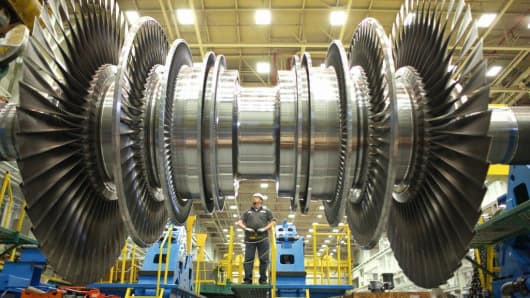Availability of sustainable power also is a major factor for companies choosing where to invest, and they pay close attention to which states produce enough capacity to reliably power their communities.
"It's important to many companies that at least a portion of their power comes from sustainable sources," said Brad Thomas, associate manager of economic development for East Kentucky Power Cooperative. EKPC is building a $40 million, 8.5-megawatt solar field to help meet the demand rural Kentucky communities are experiencing.
Adopting policies to streamline the regulatory and permitting processes that enable companies to attain speed to market also helps states better compete in today's global marketplace, winning projects and jobs that might otherwise be sent off to Mexico, India or other emerging economies.
Incentives may get all the attention in the media when a company's move is finally announced, but behind the scenes, location decisions are being driven by comprehensive data analyses as corporate teams craft long-term plans for their companies' futures.
— By Calandra Cruickshank, founder and CEO of StateBook International, which provides online location intelligence data used by corporations in making expansion and investment plans.
More from Top States:
Complete coverage of the states and the issues
10 best states in America to find a job
10 smartest states in America










